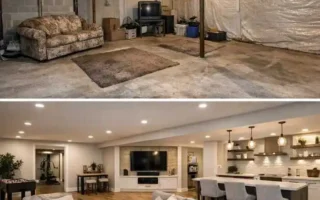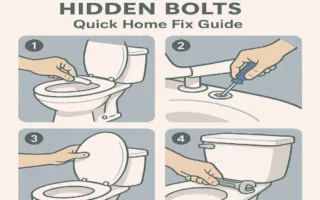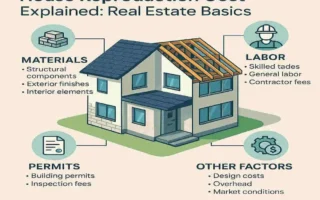Have you ever wondered if your Homeowners Association (HOA) has a key to your house? It’s a common concern among homeowners, and understanding your HOA’s rights and your privacy is crucial.
What Is an HOA and Its Responsibilities?

Understanding the Role of a Homeowners Association
An HOA, or Homeowners Association, is an organization that manages and maintains a residential community. Its primary goal is to ensure the neighborhood remains a pleasant, well-kept place to live. HOAs are typically responsible for enforcing community rules, maintaining common areas, and managing shared amenities.
Standard HOA Rules Regarding Property Access
One of the key responsibilities of an HOA is to ensure that all properties within the community are well-maintained and comply with the association’s rules and regulations. To achieve this, HOAs may have certain rights to access individual properties. These rights are usually outlined in the Covenants, Conditions & Restrictions (CC&Rs) that homeowners agree to when purchasing a home in an HOA-managed community.
Differences Between HOA and Municipal/County Authorities
It’s important to note that an HOA is a private organization, separate from municipal or county authorities. While HOAs have certain powers within their communities, they are still subject to state and federal laws. Understanding the distinction between HOAs and government authorities is crucial for house property access and privacy concerns.
Legal Rights of HOAs to Access Homes

State-Specific Regulations Governing HOA Access
The specific rights of HOAs to access homes can vary from state to state. Some states have strict regulations that limit an HOA’s ability to enter a homeowner’s property without permission, while others may grant more leeway. Homeowners need to familiarize themselves with their state’s laws to understand their rights and the HOA’s limitations.
Typical HOA Clauses in Covenants, Conditions & Restrictions (CC&Rs)
Most HOAs have clauses in their CC&Rs that outline the association’s rights to access individual properties. These clauses may include provisions for routine maintenance, emergency access, and inspections. Homeowners should carefully review these clauses when purchasing a home in an HOA community to understand the potential implications for their privacy.
When Can an HOA Legally Enter a Homeowner’s Property?
In general, an HOA can legally enter a homeowner’s property in the following situations:
- Emergency situations: If there is an immediate threat to the homeowner, other residents, or the property, the HOA may have the right to enter the home without permission.
- Routine maintenance: If the HOA is responsible for maintaining certain aspects of the property, such as exterior painting or landscaping, they may have the right to access the property to perform these tasks.
- Inspections: Some HOAs may have the right to conduct periodic inspections to ensure homeowners comply with community rules and regulations.
Emergency Access vs. Routine Maintenance or Inspections
It’s important to distinguish between emergency access and routine maintenance or inspections. In an emergency situation, the HOA may have the legal right to enter your home without your permission to address the immediate threat. However, for routine maintenance or inspections, the HOA typically needs to provide advance notice and obtain your consent before entering your property.
Does the HOA Have a Key to Your House? What the Laws Say
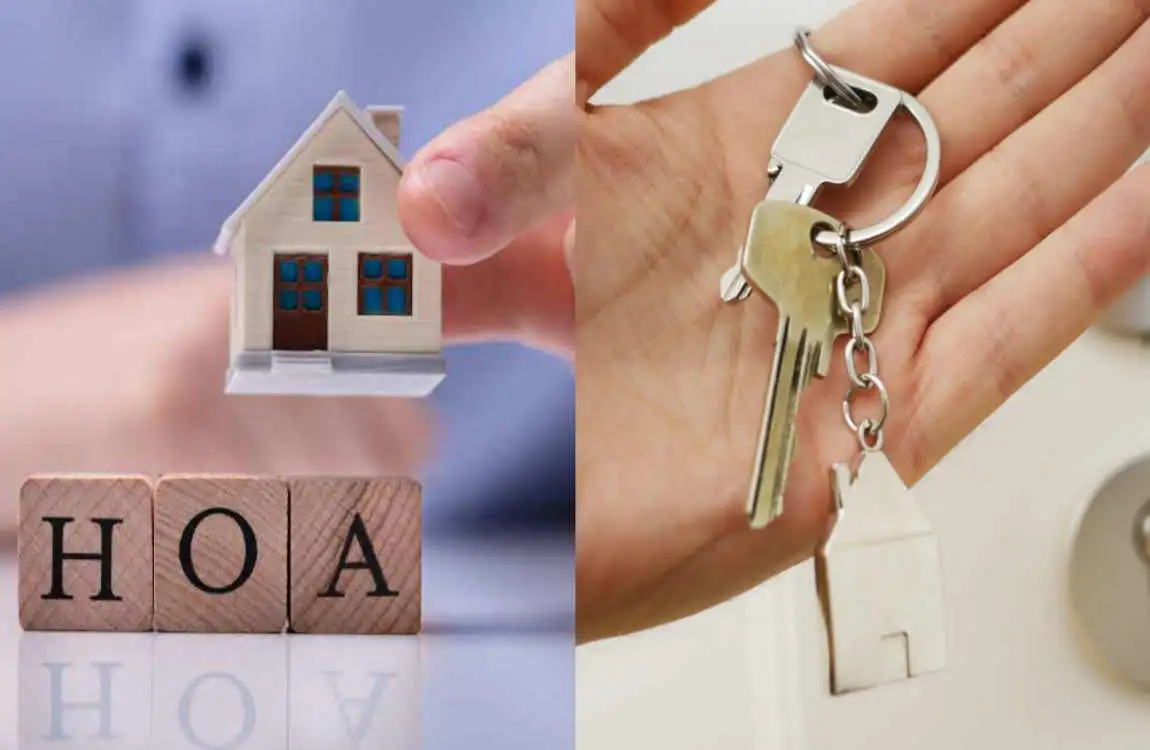
General Consensus: HOAs Usually Do Not Have a Universal Key
The general consensus among legal experts is that HOAs usually do not have a universal key to every real estate home in the community. In most cases, HOAs do not have the legal right to possess a key to your house without your explicit permission.
Conditions Under Which HOAs May Have Access or Keys
While HOAs typically do not have a universal key, there are certain conditions under which they may have access or keys to individual homes:
- Authorized vendor access: If the HOA hires a vendor to perform maintenance or repairs on your property, they may provide the vendor with a key to access your home. However, this should be done with your knowledge and consent.
- Emergency situations: In the event of an emergency, such as a fire or gas leak, the HOA may have a key to your home to ensure the safety of all residents. However, this access should be strictly limited to emergency situations.
- Constitutional and privacy considerations: The Fourth Amendment to the U.S. Constitution protects citizens from unreasonable searches and seizures. This means that HOAs cannot enter your home without a valid reason and proper legal authorization.
Examples from Different States or Regions
The specific laws and regulations surrounding HOA access to real estate homes can vary from state to state. Here are a few examples:
- California: In California, HOAs are generally not allowed to enter a homeowner’s property without permission, except in emergency situations. Homeowners have the right to deny access to their home for routine maintenance or inspections.
- Florida: Florida law allows HOAs to enter a homeowner’s property without permission in emergency situations or to perform necessary repairs. However, the HOA must provide advance notice and follow specific procedures.
- Texas: In Texas, HOAs have the right to enter a homeowner’s property for routine maintenance and inspections, but they must provide advance notice and obtain the homeowner’s consent.
Can HOAs Enter Your House Without Your Permission?
Circumstances Allowing Entry Without Homeowner Consent
In most cases, an HOA cannot enter your real estate home without your permission. However, there are certain circumstances where entry without consent may be allowed:
- Emergency situations: As mentioned earlier, if there is an immediate threat to safety or property, the HOA may have the legal right to enter your home without your permission.
- Court order: If the HOA obtains a court order granting them access to your property, they may be able to enter your home without your consent.
- Abandoned property: If your home is considered abandoned, the HOA may have the right to enter the property to perform necessary maintenance or repairs.
HOA Entry Procedures and Notice Requirements
Even in situations where the HOA has the legal right to enter your home without permission, they are typically required to follow specific procedures and provide advance notice. These procedures may include:
- Providing written notice: The HOA should notify the homeowner in writing of the date, time, and purpose of the entry.
- Reasonable time and manner: The HOA should enter the property at a reasonable time and in a manner that minimizes disruption to the homeowner.
- Documentation: The HOA should document the entry, including the reason for the entry, the date and time, and any actions taken while inside the real estate home.
Homeowner Rights and Protections Against Unwarranted Access
As a homeowner, you have certain rights and protections against unwarranted access by the HOA:
- Right to privacy: You have the right to privacy in your own home, and the HOA cannot enter without a valid reason and proper legal authorization.
- Right to deny access: In most cases, you have the right to deny access to your home for routine maintenance or inspections.
- Legal recourse: If you believe that the HOA has entered your home without permission or violated your privacy rights, you may have legal recourse, such as filing a complaint with the appropriate authorities or pursuing a civil lawsuit.
How to Protect Your Privacy From HOA Access
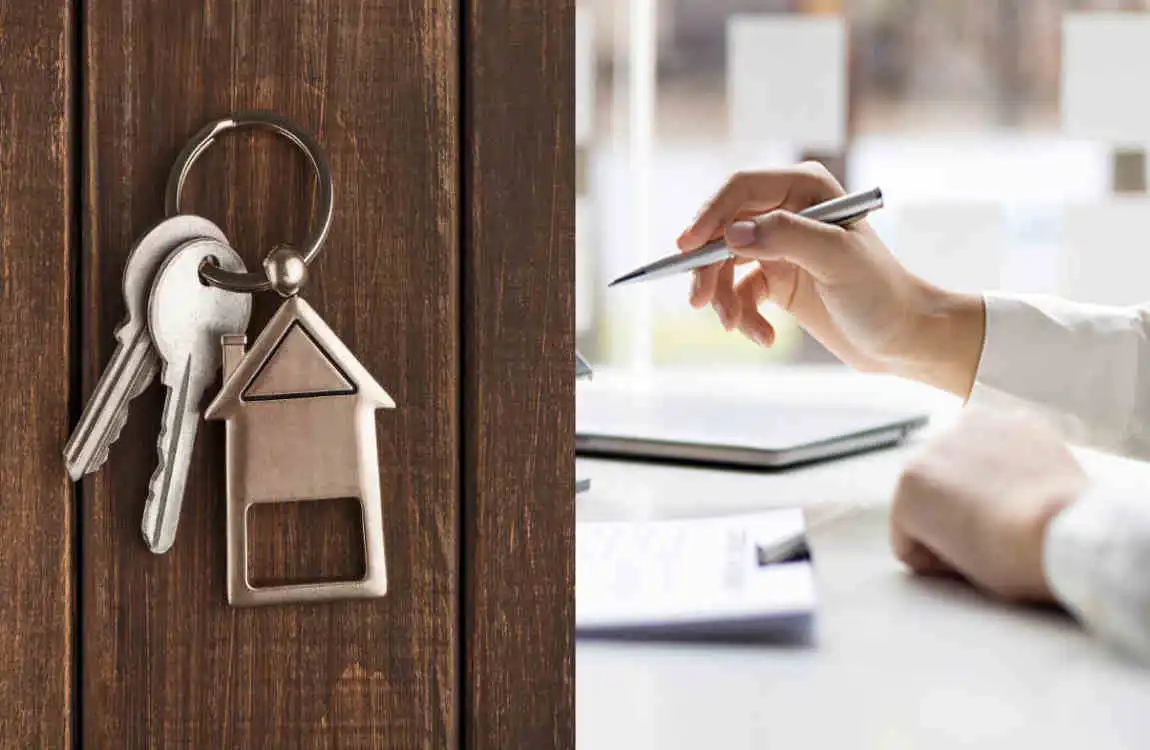
Ways to Restrict or Limit HOA Access
If you’re concerned about your HOA’s access to your real estate home, there are several steps you can take to protect your privacy:
- Review your CC&Rs: Carefully review the Covenants, Conditions & Restrictions (CC&Rs) for your HOA to understand their rights and limitations regarding property access.
- Install Security features: Consider installing Security cameras, smart locks, or other Security features to monitor and control access to your home.
- Communicate with the HOA: If you have concerns about the HOA’s access to your home, contact them directly and express them. They may be willing to work with you to find a solution that respects your privacy.
Installing Security Features (Security Cameras, Locks)
One effective way to protect your privacy from HOA access is to Install Security features, such as:
- Security cameras: Installing Security cameras around your home can help you monitor any attempts by the HOA to access your property. Make sure to check your local laws and HOA rules regarding the use of Security cameras.
- Smart locks: Smart locks let you control access to your home remotely and provide a record of who has entered your property and when. Some smart locks also offer features like temporary access codes, which can help authorized vendors enter your home.
- Alarm systems: An alarm system can alert you and the authorities if someone attempts to enter your home without permission. Some alarm systems also offer features like remote monitoring and control.
Reviewing HOA Rules and Your Deed
To fully understand your rights and the HOA’s limitations regarding property access, it’s essential to review the HOA rules and your deed:
- HOA rules and CC&Rs: Carefully review the HOA’s rules and Covenants, Conditions & Restrictions (CC&Rs) to understand their rights and obligations regarding property access. Look for specific clauses related to maintenance, inspections, and emergency access.
- Your deed may also include provisions related to HOA access. Review your deed carefully to understand any additional rights or limitations that may apply.
Legal Steps If You Suspect Unauthorized Entry
If you suspect that the HOA has entered your home without permission or violated your privacy rights, you may need to take legal steps to protect yourself:
- Document the incident: Keep a record of any incidents where you suspect unauthorized entry by the HOA. This may include photographs, videos, or written accounts of what happened.
- File a complaint: File a complaint with the appropriate authorities, such as your local police department or the state agency that oversees HOAs. Please provide them with any evidence you have collected.
- Consult with a lawyer: If you believe that your privacy rights have been violated, consult with a lawyer who specializes in HOA law. They can advise you on your legal options and help you pursue a civil lawsuit if necessary.
What Should Homeowners Do If They Suspect the HOA Has a Key?
If you suspect that the HOA has a key to your house, here are some steps you can take:
Confirm HOA Access Policies
First, confirm the HOA’s access policies by reviewing the Covenants, Conditions & Restrictions (CC&Rs) and any other relevant documents. Look for specific clauses related to keys, access, and privacy. If you’re unsure about the policies, contact the HOA board or management company for clarification.
Legal Recourse and Confidentiality Protections
If you believe that the HOA has a key to your house without your permission, you may have legal recourse:
- File a complaint: File a complaint with the appropriate authorities, such as your local police department or the state agency that oversees HOAs. Please provide them with any evidence you have collected, such as photographs or videos of the HOA entering your home.
- Pursue a civil lawsuit: If you believe that your privacy rights have been violated, you may be able to pursue a civil lawsuit against the HOA. Consult a lawyer specializing in HOA law to discuss your options.
- Seek an injunction: In some cases, you may be able to seek an injunction to prevent the HOA from entering your home without permission. An injunction is a court order that prohibits the HOA from taking specific actions.
Steps to Take If You Believe Your Privacy Has Been Violated
If you believe that your privacy has been violated by the HOA, take the following steps:
- Document the incident: Keep a record of any incidents where you think your privacy has been violated. This may include photographs, videos, or written accounts of what happened.
- Notify the HOA: Notify the HOA board or management company of the incident and express your concerns. They may be willing to work with you to resolve the issue and prevent future violations.
- Seek legal advice: If you believe that your privacy rights have been seriously violated, seek legal advice from a lawyer who specializes in real estate HOA law. They can help you understand your rights and options for pursuing legal action.


